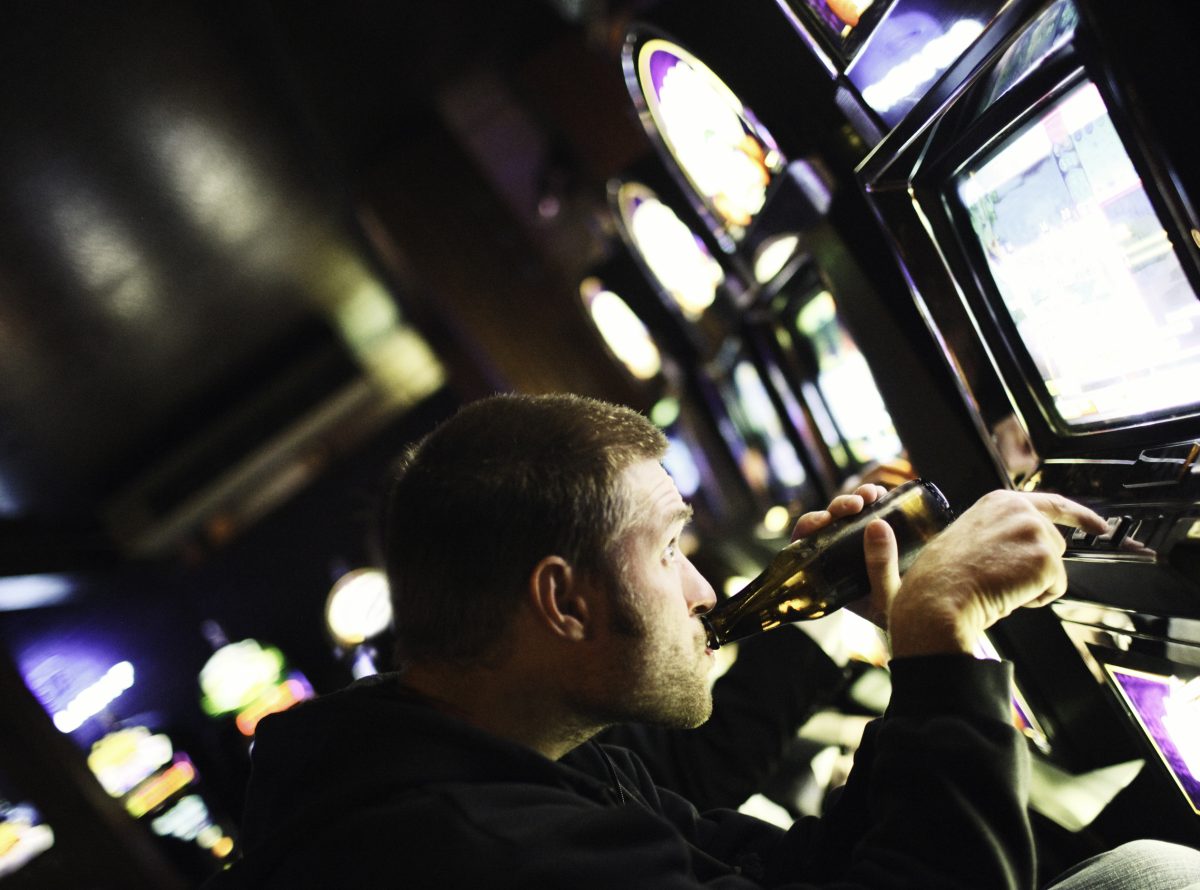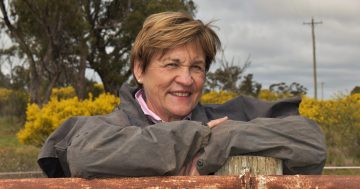
The NSW Government has announced it will invest $100 million across the next five years to minimise the risks of gambling in the state. Photo: Instants.
A new study from the National Drug and Alcohol Research Centre (NDARC) has proven that the more Australians spend on poker machines, the higher the crime rate.
Australians spent $24 billion on gambling in the 2021/22 fiscal year, which amounts to $1200.22 per person. NDARC claims this is one of the highest if not the highest per capita rate of gambling expenditure in the world.
In its collaborative research effort with the University of New South Wales (UNSW), a team led by Professor Donald Weatherburn studied monthly trends in gambling expenditure and crime across 126 NSW local government areas (LGAs) between 2015 and 2019.
The authors of the recently published study found each 10 per cent increase in gambling expenditure results in more than:
- 4500 additional assaults
- 2800 additional home break-ins
- 1300 additional break and enter (non-dwelling) offences
- 1400 additional motor vehicle thefts
- 2300 additional stealing from motor vehicle thefts
- 3800 additional fraud offences each year.
Professor Weatherburn said it proved that Australia’s love affair with gambling hurt not only the people who engaged in it, but the community as a whole.
“What most previous studies have done is interview individual gamblers and ask them whether they’ve committed crime to raise money to gamble,” he said. “Our study is the first to quantify the link between gambling expenditure and crime.
“We’ve known for a long time that problem gamblers cause all sorts of problems to themselves and their families.
“What we didn’t know is the big picture – how much extra antisocial behaviour does an increase in gambling expenditure cause across a whole community and this study provides that answer.”
The former Executive Director of the NSW Bureau of Crime Statistics and Research said the results – although new – should not come as a surprise.
“If dependence on illicit drugs acts as an incentive for involvement in income-generating crime, it would hardly be surprising if dependence on gambling had the same effect.
“It’s in the community’s interest to have tighter controls on gambling by reducing the opportunities for gambling, instituting controls that stop people from becoming problem gamblers and not advertising gambling.
“Without such measures, gambling expenditure increases and as a result so does the amount of crime.”
On 23 August, a review panel, commissioned by Prime Minister Anthony Albanese in April, handed down its report on ways to reduce domestic, family and sexual violence (DFSV).
From its findings came another recommendation for the Federal Government to implement restrictions on gambling advertising, pokies, and online sites.
“Certain industries, such as alcohol, gambling, media and technology, are particularly well positioned to prevent and reduce DFSV,” the report read. “This is in part because these same industries too often function as the foundation for, or means of, the escalation of abuse.
“As such, the review recommends that governments review and amend alcohol and gambling regulatory environments to prioritise the prevention of DFSV.
“This includes through restrictions on alcohol sale, advertising and delivery timeframes; restrictions leading to a total ban on advertising in gambling; and an examination of the density of electronic gaming machines and use of online gambling in relation to DSFV prevalence.”
Professor Weatherburn said there was enough evidence to construct a federal gambling harm reduction strategy.
“Unfortunately, at present Australia lacks any comprehensive strategy for dealing with gambling-related harm.”
Original Article published by James Day on PS News.








